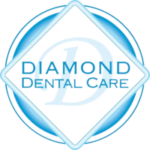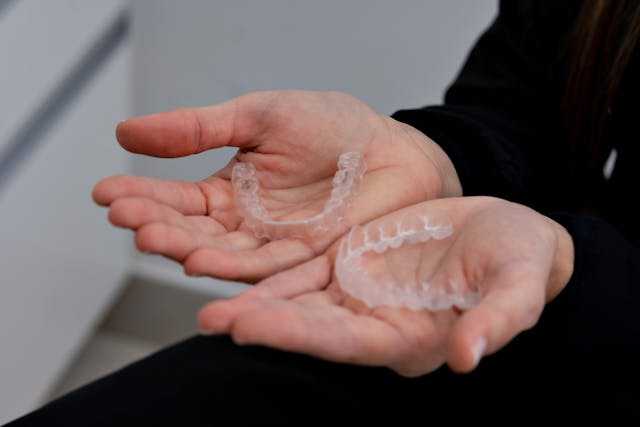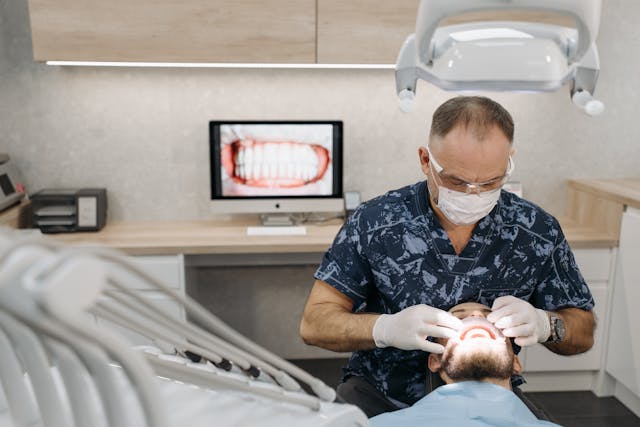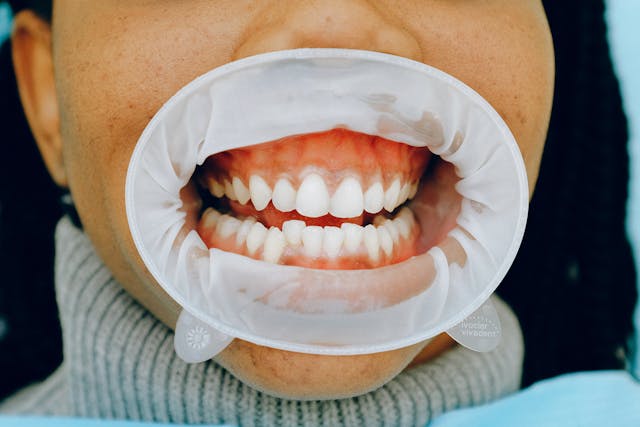Introduction
Pregnancy is an exciting and transformative time, but it’s also a period when your body goes through numerous changes that can impact your oral health. Understanding the connection between pregnancy and oral health is crucial for the well-being of both mother and baby. In this guide, we’ll explore how to maintain good oral health during pregnancy and why it’s essential to do so.
At Diamond Dental Care, there are several ways we can address most aesthetic issues, so we will conduct an examination, take x-rays, discuss the timeframe we are working with, and then present you and your parents with a variety of options to choose from. Since some have set time constraints, it is best to schedule your appointment with our office as soon as possible.
Since some have set time constraints, it is best to schedule your appointment with our office as soon as possible. You can do so by calling (909) 860-7579. You can also follow us on Facebook or provide your valuable feedback at Yelp. Thanks.
How Pregnancy Affects Oral Health
Pregnancy brings about significant hormonal changes that can affect your gums and teeth. These changes can increase the risk of developing oral health issues, such as gingivitis and tooth decay. The key to preventing these problems lies in understanding how pregnancy affects your oral health and taking proactive steps to maintain it.
Hormonal Changes and Their Impact
During pregnancy, elevated levels of hormones like estrogen and progesterone can make your gums more sensitive to plaque, leading to inflammation and bleeding. This condition, known as pregnancy gingivitis, is common but manageable with proper care.
Common Oral Health Issues During Pregnancy
In addition to gingivitis, pregnant women may also experience an increased risk of tooth decay, due to changes in eating habits and morning sickness. The acidity from vomiting can erode tooth enamel, making teeth more susceptible to cavities.
The Importance of Regular Dental Checkups
Regular dental checkups are more important than ever during pregnancy. They help in the early detection and treatment of oral health issues, preventing them from becoming more severe.
Why Dental Visits Are Crucial
Routine dental visits allow your dentist to monitor your oral health and address any problems early on. They can provide professional cleanings that remove plaque and tartar, which are difficult to manage with brushing and flossing alone.
Timing Your Dental Appointments
The second trimester is generally the safest time for dental procedures, as the baby’s development is well underway and the risk of complications is lower. However, it’s important to consult with your dentist and obstetrician before scheduling any treatments.
Dealing with Pregnancy Gingivitis
Pregnancy gingivitis is one of the most common oral health issues during pregnancy. It’s characterized by red, swollen gums that bleed easily.
Symptoms and Causes
The primary cause of pregnancy gingivitis is the increased hormonal activity that makes your gums more sensitive to plaque. Symptoms include tenderness, swelling, and bleeding gums, especially during brushing or flossing.
Prevention and Treatment Tips
To prevent and treat pregnancy gingivitis, maintain a rigorous oral hygiene routine. Brush twice a day with a soft-bristled toothbrush, floss daily, and consider using an antimicrobial mouthwash. Regular dental checkups and cleanings are also essential.
Managing Morning Sickness and Oral Health
Morning sickness can have a significant impact on your oral health, as the stomach acid from vomiting can erode your tooth enamel.
Effects of Morning Sickness on Teeth
Frequent vomiting exposes your teeth to stomach acid, which can wear down the enamel and increase the risk of cavities. This can lead to tooth sensitivity and other dental issues if not addressed.
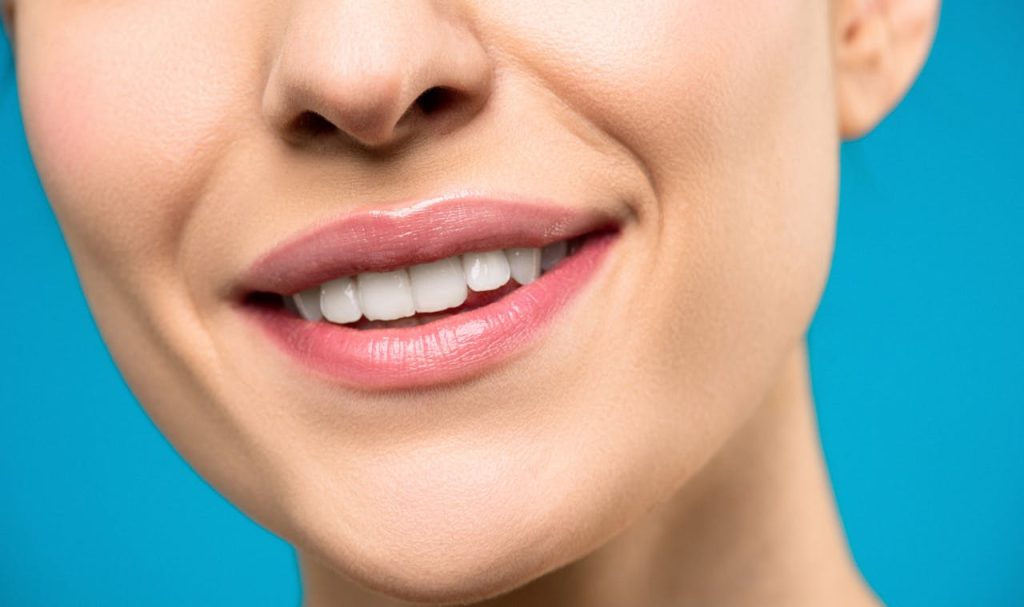
Tips for Protecting Your Teeth
To protect your teeth after vomiting, avoid brushing immediately, as this can further damage softened enamel. Instead, rinse your mouth with water or a baking soda solution to neutralize the acid. Wait at least 30 minutes before brushing.
Nutrition and Oral Health During Pregnancy
A balanced diet is crucial for maintaining good oral health during pregnancy. Certain nutrients play a vital role in keeping your teeth and gums healthy.
Essential Nutrients for Healthy Teeth and Gums
Calcium, vitamin D, and phosphorus are essential for strong teeth and bones. Incorporate dairy products, leafy greens, and fortified foods into your diet to ensure you’re getting enough of these nutrients.
Foods to Avoid
Limit sugary and acidic foods, as they can contribute to tooth decay. Also, be cautious with snacks that stick to your teeth, like dried fruit, as they can increase the risk of cavities.
Safe Dental Treatments During Pregnancy
While some dental treatments are safe during pregnancy, others should be postponed until after the baby is born.
What Treatments Are Safe
Routine cleanings, cavity fillings, and X-rays with proper shielding are generally safe during pregnancy, especially in the second trimester. Always inform your dentist about your pregnancy before undergoing any treatment.
Understanding the Risks and Benefits
It’s essential to weigh the risks and benefits of any dental procedure during pregnancy. In some cases, delaying treatment can lead to more severe issues that could affect both mother and baby.
Oral Hygiene Tips for Pregnant Women
Maintaining a strict oral hygiene routine is vital for preventing oral health issues during pregnancy.
Best Practices for Brushing and Flossing
Use a fluoride toothpaste and brush your teeth twice daily for at least two minutes. Floss daily to remove plaque from between your teeth, where your toothbrush can’t reach.
The Role of Mouthwash
An antimicrobial mouthwash can help reduce plaque and gingivitis. However, choose a mouthwash that doesn’t contain alcohol, as it’s safer during pregnancy.
The Impact of Pregnancy on Gums
Pregnancy can lead to various gum issues, including pregnancy tumors and swollen gums.
Understanding Pregnancy Tumors
Pregnancy tumors are benign growths on the gums that can occur due to hormonal changes. They usually appear in the second trimester and typically go away after childbirth.
How to Handle Swollen Gums
Swollen gums are common during pregnancy due to increased blood flow and hormonal changes. Keeping your mouth clean and using a soft-bristled toothbrush can help reduce swelling and discomfort.
Myths and Facts About Dental Care During Pregnancy
There are many misconceptions about dental care during pregnancy that can prevent women from seeking the treatment they need.
Debunking Common Myths
One common myth is that dental X-rays are unsafe during pregnancy. In reality, with proper shielding, X-rays are safe and can be crucial for diagnosing dental issues that could affect your health.
The Truth About X-rays and Anesthesia
Another myth is that anesthesia is harmful during pregnancy. Local anesthesia is generally safe and can make necessary dental procedures more comfortable.
The Connection Between Oral Health and Overall Health
Your oral health is closely linked to your overall health and can have a direct impact on your pregnancy.
How Oral Health Affects Your Baby
Poor oral health can lead to complications such as preterm birth and low birth weight. Bacteria from gum disease can enter your bloodstream and affect your baby’s development.
The Risks of Poor Oral Hygiene
Neglecting your oral health during pregnancy can lead to infections that may require more invasive treatments, which can be risky for both mother and baby.
Postpartum Oral Health Care
Maintaining good oral health doesn’t end with pregnancy. It’s essential to continue taking care of your teeth and gums after your baby is born.
Continuing Good Oral Habits After Pregnancy
Keep up with regular dental visits and maintain your oral hygiene routine. Hormonal changes during breastfeeding can still affect your oral health, so it’s important to stay vigilant.
The Role of Breastfeeding in Oral Health
Breastfeeding can help in the development of your baby’s jaw and teeth. However, it’s also important to take care of your own oral health, as you may be more prone to dental issues during this time.
How to Choose the Right Dental Care Provider
Choosing a dentist who understands the unique needs of pregnant women is crucial for maintaining good oral health during pregnancy.
What to Look for in a Dentist
Look for a dentist with experience in treating pregnant patients. They should be knowledgeable about the specific challenges and safe treatments during pregnancy.
Promoting The Diamond Dental Care
At The Diamond Dental Care, located at 303 South Diamond Bar Blvd, Ste 2C, Diamond Bar, CA 91765, we specialize in providing comprehensive dental care tailored to the needs of expectant mothers. Our team is dedicated to ensuring that you and your baby have the healthiest smiles possible.
The Importance of Hydration
Staying hydrated is essential for both your overall health and oral health during pregnancy.
How Water Intake Affects Oral Health
Drinking plenty of water helps to wash away food particles and bacteria, reducing the risk of cavities and gum disease. It also keeps your mouth moist, which is important for preventing dry mouth, a common issue during pregnancy.
Tips for Staying Hydrated
Carry a water bottle with you at all times and take small sips throughout the day. You can also include water-rich foods, like fruits and vegetables, in your diet to help stay hydrated.
Conclusion
Maintaining good oral health during pregnancy is essential for your well-being and your baby’s development. By understanding the changes your body goes through and taking proactive steps, you can ensure a healthy smile throughout your pregnancy and beyond. Remember to schedule regular dental checkups, follow a strict oral hygiene routine, and consult with your dentist about any concerns you may have. At The Diamond Dental Care, we are here to support you every step of the way.
FAQs
- Is it safe to visit the dentist during pregnancy? Yes, it is safe and recommended to visit the dentist during pregnancy, especially during the second trimester.
- Can pregnancy affect my gums? Yes, hormonal changes during pregnancy can lead to gum issues like pregnancy gingivitis and swollen gums.
- What should I do if I experience morning sickness? Rinse your mouth with water or a baking soda solution after vomiting, and wait at least 30 minutes before brushing your teeth.
- Are dental X-rays safe during pregnancy? Dental X-rays are safe during pregnancy with proper shielding, especially if they are necessary for diagnosing dental issues.
- How can I maintain good oral health after pregnancy? Continue your oral hygiene routine, schedule regular dental checkups, and consult with your dentist if you have any concerns.
